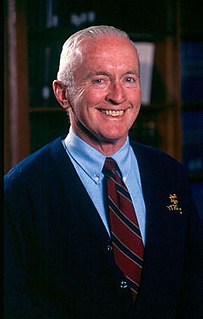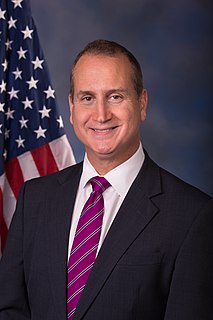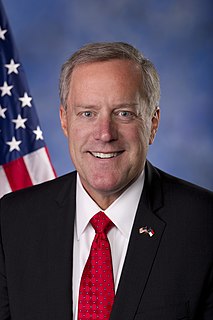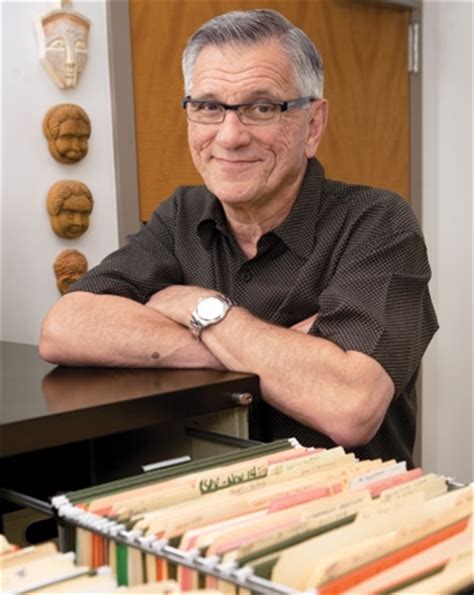A Quote by John P. Kotter
We know that leadership is very much related to change. As the pace of change accelerates, there is naturally a greater need for effective leadership.
Related Quotes
Think of managing change as an adventure. It tests your skills and abilities. It brings forth talent that may have been dormant. Change is also a training ground for leadership. When we think of leaders, we remember times of change, innovation, and conflict. Leadership is often about shaping a new way of life. To do that, you must advance change, take risks, and accept responsibility for making change happen.
Control is not leadership; management is not leadership; leadership is leadership is leadership. If you seek to lead, invest at least 50% of your time leading yourself-your own purpose, ethics, principles, motivation, conduct. Invest at least 20% leading those with authority over you and 15% leading your peers. If you don't understand that you work for your mislabeled 'subordinates,' then you know nothing of leadership. You know only tyranny.
The term power comes from the Latin posse- to do, to be able, to change, to influence or effect. To have power is to possess the capacity to control or direct change. All forms of leadership must make use of power. The central issue of power in leadership is not Will it be used? But rather Will it be used wisely and well?


































